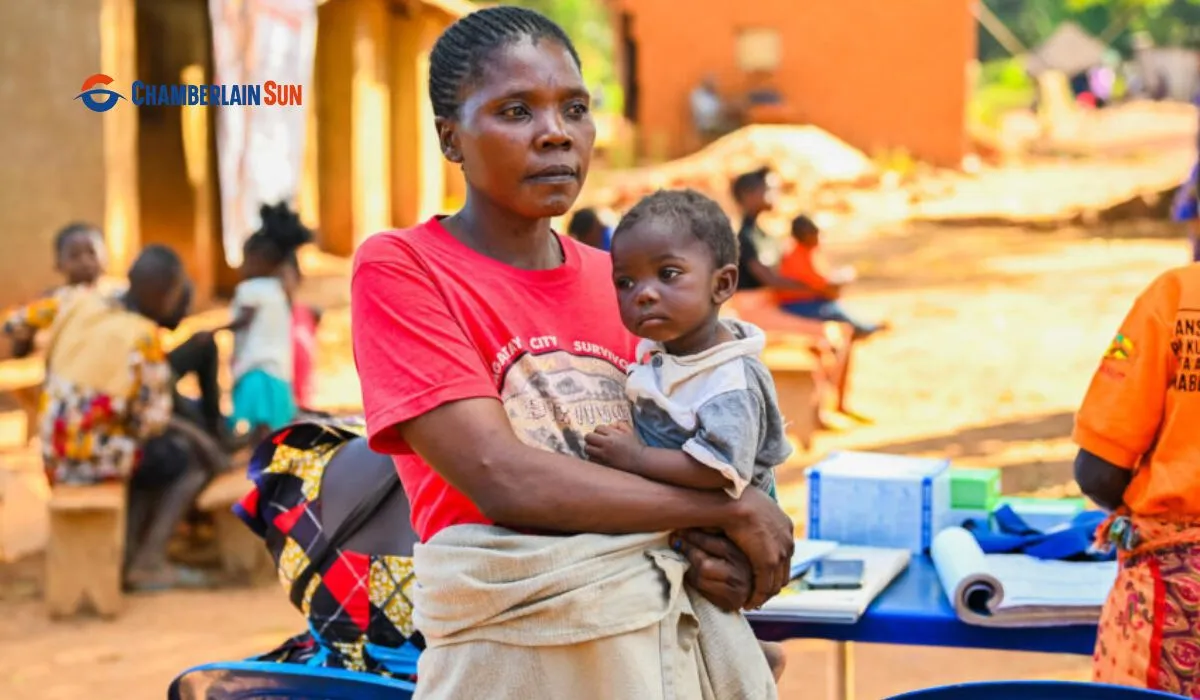The Democratic Republic of Congo (DRC) is grappling with a severe outbreak of mpox, exacerbated by a dire shortage of essential medical supplies and antibiotics. This latest health crisis has resulted in at least 15,600 infections and 537 deaths so far this year, drawing international attention and concern. The World Health Organisation (WHO) declared the outbreak a global health emergency earlier this month, highlighting the urgent need for intervention.
Critical Shortages Hindering Relief Efforts

Dr. Nathalie Strub-Wourgaft, a delegate of the Pandemic Preparedness Platform for Health and Emerging Infections Response (Panther), has been on the ground in DRC’s hardest-hit areas, including Equateur Province. She reported distressing conditions where patients, particularly children, suffer from severe mpox lesions without access to basic hygiene supplies like soap and antiseptics. These shortages are leading to preventable deaths from secondary infections.
“Patients are suffering greatly due to a lack of fundamental medical resources,” Dr. Strub-Wourgaft stated. “The absence of basic care tools, alongside a shortage of antibiotics and painkillers, is contributing significantly to the high mortality rate.”
Challenges with Mpox Treatments and Trials
Efforts to combat mpox have been hampered by the lack of specific treatments. Although researchers have been investigating various antiviral drugs, such as tecovirimat—which was initially developed for smallpox—results have been disappointing. A recent trial revealed that while tecovirimat did not significantly reduce the duration of mpox lesions, patients receiving high-quality supportive care showed better outcomes compared to those receiving standard care.
Dr. Placide Mbala-Kingebeni of the University of Kinshasa emphasized that hospitalization and proper care are critical. “High-quality supportive care can greatly improve outcomes, but it is currently unavailable to many due to resource constraints,” he noted.
Global Call for Increased Support and Funding
The urgency of the situation has prompted calls for increased international support. Dr. Ayoade Alakija, a special envoy for WHO’s Act-Accelerator panel, stressed the need for more funding and attention to develop effective mpox treatments. The panel’s recent discussions highlighted the critical role of funding in advancing research and improving treatment accessibility.
Meanwhile, initiatives like the MOSA (Mpox Study Africa) trial are waiting for necessary funding to explore new treatments. Despite some financial support from the European Union, researchers like Dr. Strub-Wourgaft are calling for additional funds to launch comprehensive trials and accelerate the development of effective therapies.
An Urgent Appeal for Action
The ongoing mpox outbreak in DRC underscores a pressing need for global solidarity and support. As health workers continue to battle the crisis with limited resources, the international community faces a crucial opportunity to contribute to both immediate relief efforts and long-term solutions for this devastating epidemic.

